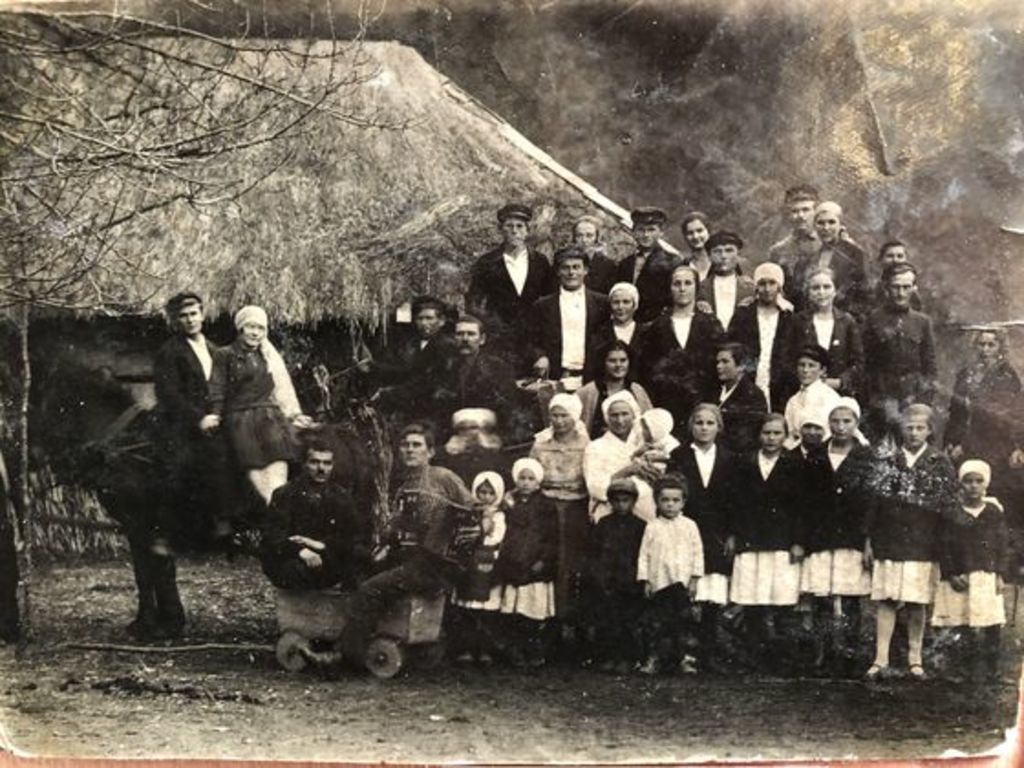Executions, deportations to Siberia, physical abuse, slave labor in GULAG camps - this was the Soviet reality under Joseph Stalin. Millions have become victims. Among them were thousands of Czechs. Over the past year, we have collected several stories that were previously completely unknown. All of them vividly testify to the brutality of Soviet repression against the Czechs.
In order to better capture the horrors of Stalin's terror, we will not talk about statistics, but about the tragic fate of specific people as well as about how the relatives of the persecuted now live with this burden. This topic is still alive. In the next few weeks, we will gradually introduce the individual parts of the five-part film miniseries "The Czechs and the Great Terror" together with detailed text stories. The series is being published on the Gulag.cz Youtube channel, text stories can be found on the gulag.online portal and the Aktuálně.cz portal.
The project idea belongs to Štěpán Černoušek, who is also the author of most of the texts. Some texts were co-authored and edited by Adéla Dražanová. Videos were shot and edited by Tomáš Polenský and Igor Suvorov. Alexandra Skorvid, Sergej Ščurin, Michail Šejnker, František Trávníček, Vasilij Chanevich as well as many other people from the Czech Republic and Russia helped with the series preparation. Invaluable assistance in finding archival information was provided to us by colleagues from the Memorial International Society, which is currently at risk of liquidation.
First episode
In the first part we bring the story of two Šilhavý brothers. Karel and Anton were both successful engineers working in Moscow who eventually ended up in the worst GULAG camps in Kolyma. Anton was executed there, Karel survived.
- The first story on the Gulag.online website (in Czech)
- The story is also available on the Aktuálně.cz website (in Czech)
Second episode
In the second part we will talk about the fate of naive Czech settlers, often convinced communists, who went to the Soviet Union in 1920s to establish communes in inhospitable regions of the country. We bring you the story of Leopold Brumek from the commune of Reflektor, who was arrested for singing Czech songs and then tortured to death.
- The second story on the Gulag.online portal (in Czech)
- The second story on the Aktuálně.cz website (in Czech)
Third episode
In the third part we will talk about the tragic history of the Kučera family, whose ancestors settled in the Russian Empire back in the 19th century. They originally lived near the Black Sea, but in the early 1930s they were dispossessed (the family had several cows) and deported to Siberia. Those who survived this deportation founded a new village near the shores of one of the tributaries of the Oka river. In 1938, ten Czechs from this village were arrested, accused of espionage and executed. In 1979, when the remains of the murdered were accidentally discovered, they were cynically abused.
- The third story on the Gulag.online portal (in Czech)
- The third story on the Aktuálně.cz website (in Czech)
Fourth episode
The fourth part is devoted to the fate of two Czechoslovak legionnaires who remained to live in Russia. In 1938, they were arrested and most likely executed only because of their past and Czech origin. One of them was Tomáš Hájek, whose descendants from the Russian and Czech sides found each other a hundred years later and are now actively in touch. The second legionnaire's name was Štěpán Horych; a similar fate awaited him and Tomáš Hájek.
- The fourth story on the Gulag.online website (in Czech)
- The fourth story on the Aktuálně.cz website (in Czech)
Fifth episode
The last part is devoted to the fate of Evgenia Varasova. Being born in Russia, in the 1920s she went to study in Czechoslovakia and started working as an assistant to the famous chemist Jaroslav Heyrovský. Later she decided to return to the USSR with her husband, where they were almost immediately arrested. Evgenia did not receive a real sentence that time, but her husband was sentenced to 10 years in camps. In 1938, Evgenia got arrested again and was executed shortly after.
- The fifth story on the Gulag.online website (in Czech)
- The fifth story on the Aktuálně.cz website (in Czech)
We focused on the period of the Great Terror of 1937-1938, when Stalin's mass repressions culminated in the Soviet Union in a paranoid attempt to eliminate all perceived enemies - kulaks, saboteurs, opposition parties, representatives of foreign nations. In less than two years, three quarters of a million people were executed, and hundreds of thousands more were sent to GULAGs.
We have managed to document the fates of several persecuted Czechs living in the present-day Russia (Moscow, the Volga region and Siberia). Stories of these people that could have easily been forgotten have now become known to a large number of people. In some cases, we were able to trace the victims' relatives and thanks to our colleagues in Russia (mainly from the Memorial Society), in several cases we even got to rare archival materials.

